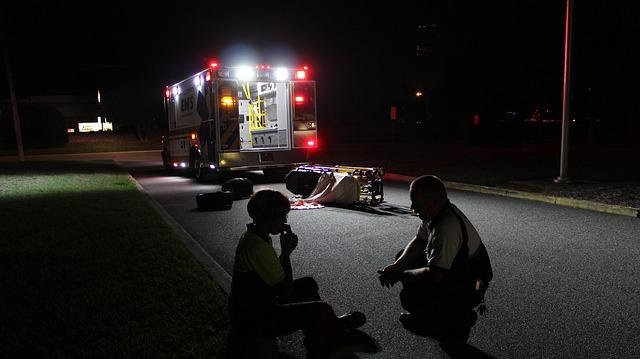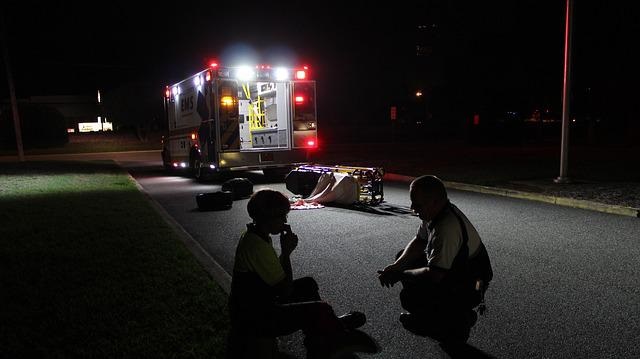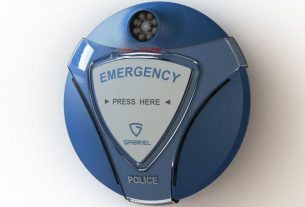A scientific breakthrough from the Tel Aviv and Haifa Universities may facilitate speedy, objective, and accurate diagnosis of people suffering from post-traumatic stress disorder PTSD using saliva samples. As part of the study, the researchers characterized the psychological, social and medical conditions of about 200 participants, while at the same time collecting saliva samples from them.
It’s hard to keep track of all of the new medical breakthroughs coming out of Israel lately. Already in August, Tel Aviv University alone had two other major medical successes. In one, Researchers at Tel Aviv University and the University of Lisbon have jointly identified and synthesized a small molecule that could be a more accessible and effective alternative to an antibody that is successfully used to treat a range of cancers.
Please help us out :
Will you offer us a hand? Every gift, regardless of size, fuels our future.
Your critical contribution enables us to maintain our independence from shareholders or wealthy owners, allowing us to keep up reporting without bias. It means we can continue to make Jewish Business News available to everyone.
You can support us for as little as $1 via PayPal at [email protected].
Thank you.
The Mayo Clinic explains that PTSD is a mental health condition that’s triggered by a terrifying event — either experiencing it or witnessing it. Symptoms may include flashbacks, nightmares and severe anxiety, as well as uncontrollable thoughts about the event.
In the study, the researchers characterized the psychological, social and medical condition of about 200 veteran soldiers, while at the same time collecting saliva samples from them. The findings show that the soldiers who were suffering from post-trauma presented a typical microbial picture (signature) in their saliva.
The study found that about a third of the participants who suffered from PTSD had never been diagnosed as such, so they never received any recognition from the Ministry of Defense and the official authorities
The findings of this study show a typical microbial picture in the saliva of veteran soldiers who had experienced combat stress-related reactions (from the first Lebanon War) and are currently suffering from post-trauma.
According to the researchers, these results may help in the future to reach an accurate and objective diagnosis of people suffering from post-trauma, and to develop microbiotic-related medications (associated with the body’s microbial ecology).
This study was published in NATURE’s prestigious MOLECULAR PSYCHIATRY magazine.
The study was a joint effort by eminent scholars from various fields. It was led by Professor Illana Gozes and included Professor Noam Shomron, Dr. Shlomo Sragovich and Ph.D. student Guy Shapira, (all from TAU’s Sackler Faculty of Medicine and Sagol School of Neuroscience) as well as Prof. Zahava Solomon from TAU’s Gershon Gordon Faculty of Social Sciences, and Prof. Abraham Sagi-Schwartz and PhD student Ella Levert-Levitt from the Center for the Study of Child Development and the School of Psychological Sciences at Haifa University. The participants in the study came from a larger cohort of subjects from a comprehensive four-decade-long study of veterans by Prof. Solomon.
This study was also supported by IDF’s Medical Corps Department of Health and Well-Being and Dr. Ariel Ben Yehuda, former chief of the above Department and currently, a Department Manager in the Mental Health Medical Center in Shalvata, Clallit Health Services. The study also involved collaboration with the Charité University Medicine in Berlin and its microbiology experts Dr. Markus M. Heimesaat and Professor Stefan Bereswill, as well as with the University of Hong Kong, which is studying the effects of air pollution, Professors Victor Li and Jacqueline Lam.
The researchers tested a unique group of about 200 Israeli veteran soldiers who had fought in the first Lebanon War in 1982. The test covered various psychological aspects, including sleep, appetite disorders, guilt, suicidal thoughts, social and spousal support, hostility, satisfaction with life, as well as issues of demographics, psychopathology, welfare, health and education.
Comparing the results of the subjects’ microbial distribution to the psychological results and their responses to the welfare questionnaires, the researchers from the universities of Tel Aviv and Haifa found that people with PTSD and high psychopathological indications exhibit the same picture of bacteria in the saliva (a unique oral microbiotic signature). According to the researchers, this study is significant in that for the first time, we might be able to diagnose post-trauma by objective criteria and not just behavioral ones. It is interesting to note here that the saliva bacteria of those exposed to air pollution showed a correlation to the picture with PTSD, while the number of years of education showed a protective influence and a reverse picture of the microbial ecology in the saliva.
Prof. Illana Gozes: “To the best of our knowledge, this is the first depiction of a microbial signature in the saliva among veteran soldiers with PTSD. We were surprised to discover that about a third of the PTSD subjects had never been diagnosed with post-trauma, so they never received any recognition from the Ministry of Defense and the official authorities.
It must be stressed that until now, post-trauma diagnosis has been based solely on psychological and psychiatric measures. Thanks to this study, it may be possible, in the future, to use objective molecular and biological characteristics to distinguish PSTD sufferers, taking into account environmental influences. We hope that this new discovery and the microbial signatures described in this study might promote easier diagnosis of post-traumatic veteran soldiers so they can receive appropriate treatment.”





